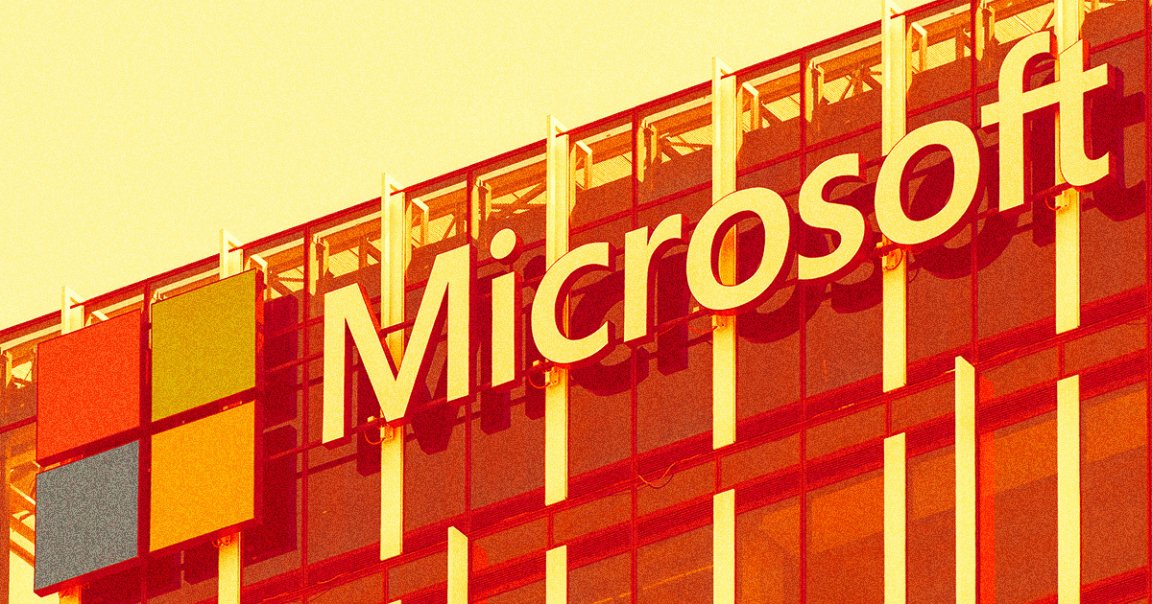
Retort
There’s a fiery back-and-forth going on between the New York Times, OpenAI, and Microsoft over journalism being used as AI training data — and now it’s devolved into name-calling.
At the end of December, the NYT filed a lawsuit against Microsoft and its partner, OpenAI, alleging that the firm’s use of “millions of The Times’s copyrighted news articles… without permission or payment” to train its large language models (LLMs) constituted copyright infringement and harmed its business now that it’s forced to “compete” with chatbots for authority.
OpenAI responded on its company blog and said the NYT‘s suit is “without merit,” and accused the newspaper of “not telling the full story” because, prior to the filing of the lawsuit, they had been in partnership negotiations.
Now, about a week after OpenAI formally sought to dismiss parts of the paper’s lawsuit, Microsoft has come in guns a-blazing in its own filing, accusing the NYT of pushing “doomsday futurology” in its claims of copyright infringement.
“Despite The Times’s contentions, copyright law is no more an obstacle to the LLM than it was to the VCR (or the player piano, copy machine, personal computer, internet, or search engine),” Microsoft’s suit reads. “Content used to train LLMs does not supplant the market for the works, it teaches the models language. It is the essence of what copyright law considers transformative — and fair— use.”
Fair Game
Although this isn’t the first time the “fair use” doctrine, which is a complicated branch of media law dealing with what copyrighted works an individual or entity can and cannot use, has been brought into play in AI lawsuits, this citation certainly is one of the heaviest-hitting examples of it being used to argue in favor of AI to date.
In its motion to dismiss the NYT‘s lawsuit, Microsoft went on to claim that the newspaper’s assertion that OpenAI is a threat not just to its business model but also to journalism and society at large is not “how real-world people actually use” its products, and that it “coaxed” ChatGPT to spit out copyright-infringing responses that would otherwise not occur — a flimsy argument, but one that’s been used by Microsoft before to dismiss criticism of its AI.
“Once the claims challenged here are dismissed,” the suit’s prologue reads, “Microsoft looks forward to litigating the issues in this case that are genuinely presented, and to vindicating the important values of progress, learning, and the sharing of knowledge.”
Beyond the legalese, Microsoft’s counter-suit hinges on one huge existential point: whether AI using copyrighted material is right or fair, and, more importantly, whether courts will think that matters in the face of the massive speculative and actual financial benefits the tech will accrue for those lucky enough to not have their jobs automated.
More on AI law: Elon Musk Sues OpenAI for Doing For-Profit AI, Which He’s Also Doing